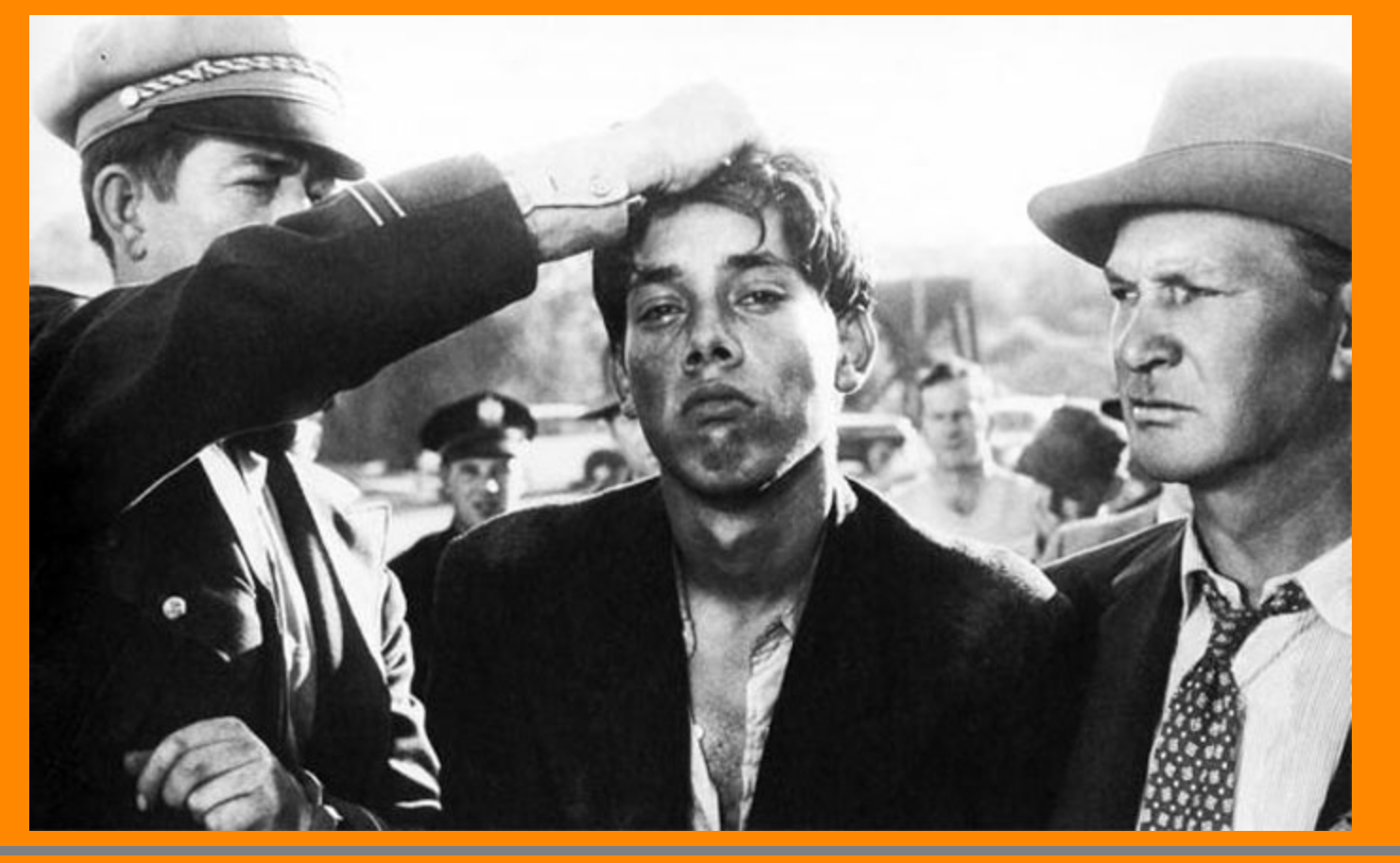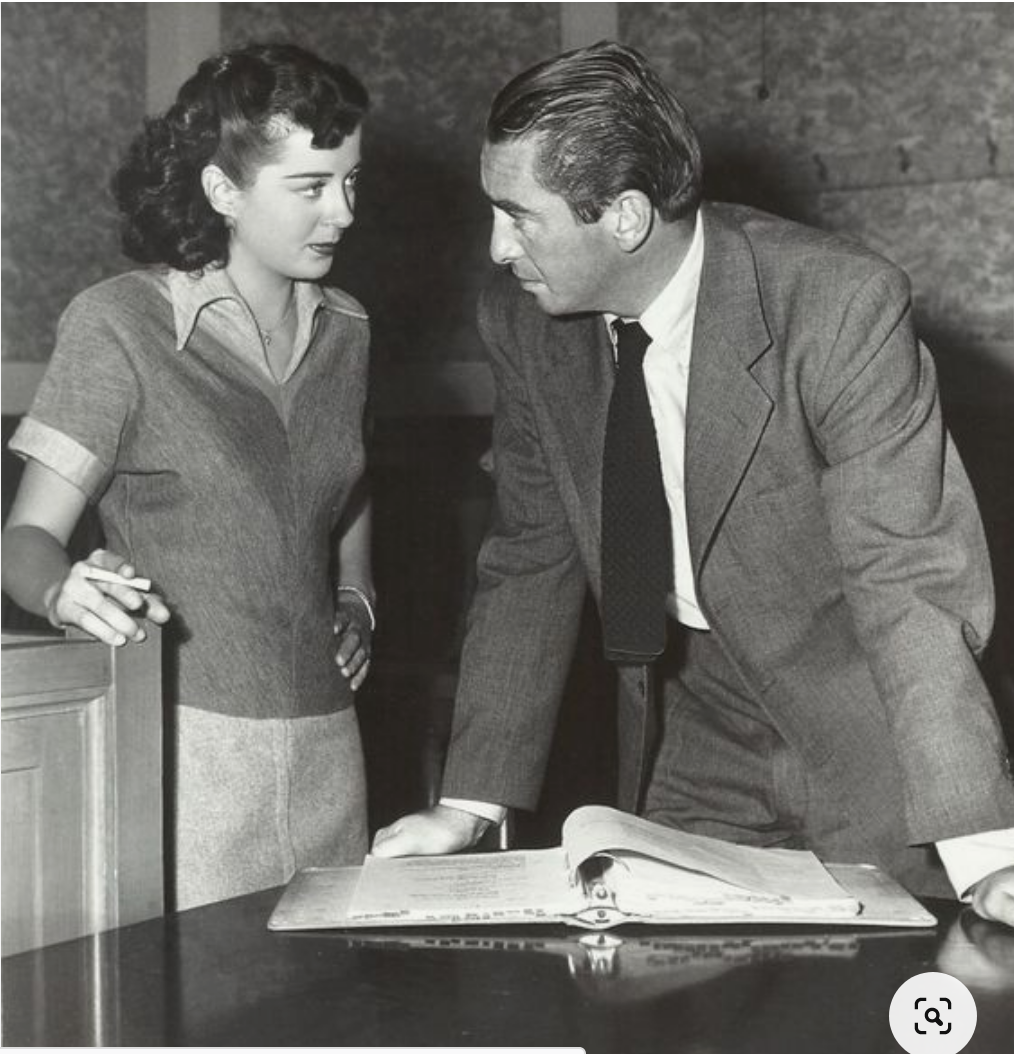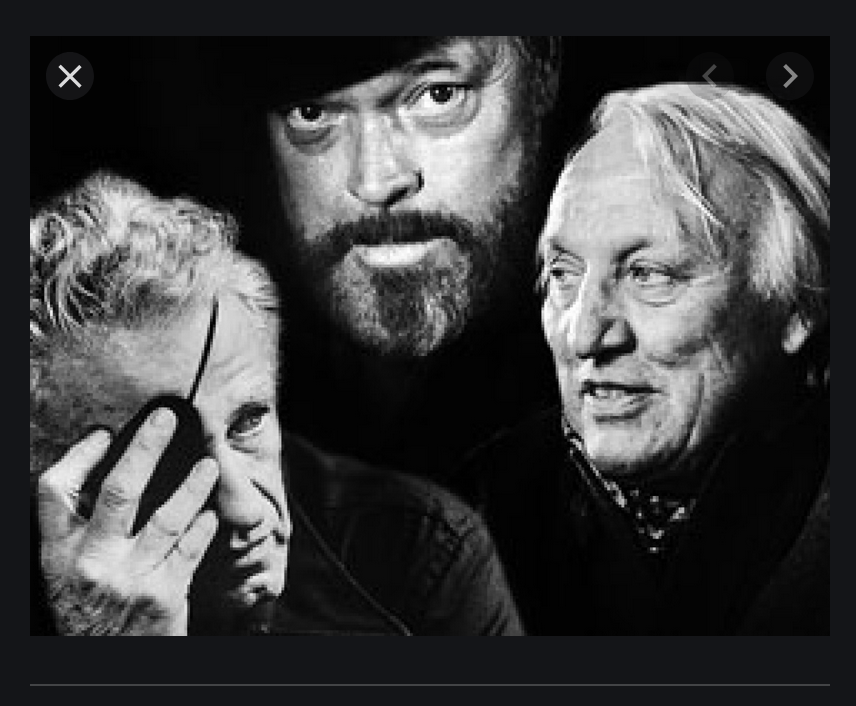From Town Dwellers to Mob in Joseph Losey’s “Lawless.”
What a Fascinating film I watched another night: Joseph Losey's Lawless (1950).
Losey is an extremely confident and creative director from Wisconsin (as was Orson Welles), who became famous and appreciated for his European films, as he settled in England after being blacklisted by another Joseph from Wisconsin, known as McCarthy.
I remember that at the time when I was still reading London Review of Books, every issues of theirs had reference to Losey's The Servant, a rather bizarre and disturbing film appreciated mostly by Brits with indeterminate taste.
In any case, "Lawless" is quite different. It was Losey’s second film of the five that he made in the US before the iron curtain of McCarthyism had fallen upon Hollywood.
What struck me about it, is the focus on the Small Town, USA, and this town’s descend into madness of hatred and paranoia. Obviously, Losey loved these small towns, their smells and looks, as did his scriptwriter, Daniel Mainwaring, who also wrote the script for The Invasion of Body Snatchers and for Out of The Past. Lawless is chilling in its portrayal of this descent. Not everyone participates in this unraveling that turns law-abiding folks into violent, deranged, lynching mob, but most do. Cops, journalists, parents, young kids, old farmers -- all go mad to get the poor Mexican kid who happened to be in the wrong place and did several wrong moves.
Of course, the film also have a couple of crusading journalists, played by highly attractive Gail Russell and Macdonald Carey, and one rich and powerful town father, whose son was instrumental in the original fight that triggered the hapless Mexican. And sure enough these three noble souls seem to have an upper hand at the end. But their seeming triumph is made to look so artificial and flimsy against the real and powerful surge of the all-embracing anger and hatred bound on destruction.
That's where I see the film's uniqueness. We all know the traditional Hollywood response to the question of Individual vs. Crowd. In most of the films that we watch, we witness great and noble individuals (defense lawyers, investigators, journalists) who defeat the crowd and diffuse its evil instincts. And the film usually concentrates on these individuals, their private dramas, their emotional wounds, their faulty greatness or what have you. And masses are presented as such -- just an ugly crowd of faceless a..holes.
Losey's take is rather different and it bears all the marks of pre-McCarthy art. Our gaze is actually fixed on masses. On farmers, cops, schoolkids, reporters, Mexicans living in the wrong part of a small California town. They all have faces, that they eventually betray for the masks of ugliness and hatred. A few noble individuals in town are all made to look some insignificant and helpless.
That type of cinema is clearly "un-American" —think, for example, about Eisenstein and how elegantly and meaningfully he moves his masses in Strike or Battleship Potemkin. It is hardly surprising that the guys who were making films like that in America, were the target of HUAC. And HUAC clearly won. From Hollywood to Arts, to the best Creative Writing Schools in the country, the focus had shifted. From masses to individuals. To their private fixations and private battles.
What an irony! American Losey moves to London and corroborates with Harold Pinter on making his stylish and very British films there, while the British Hitchcock comes to the States and begins to make his uber-American films that focus solely on all kinds of individuals, and their individual predicaments, while masses and crowds are relegated not to humans, but to Birds.
Another irony, of course, is that the SOB McCarthy and his side-kicks among CIA and its fake Cultural Fronts, did all they could to whip masses into anti-communist frenzy and therefore squashing Hollywood individuals and other artists into silence, exile, or humiliation, preventing them from producing art that makes masses and complex social relationships and interactions its subject. And once it was done, the corporate faceless studios began to crank out films about heroic individuals taking on the evils of collectivism. You know, the Ayn Rand type.
Well, who said that Americans can't understand irony. At least, they produce more of it than anyone else in the world.


